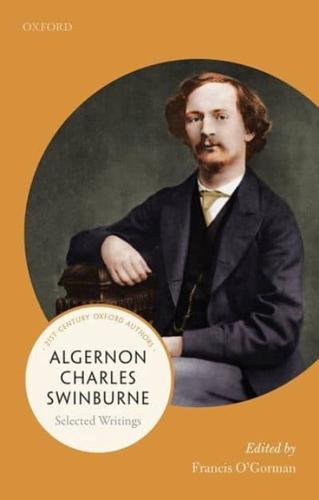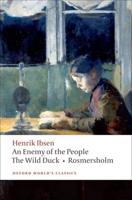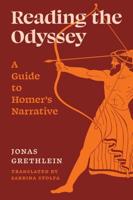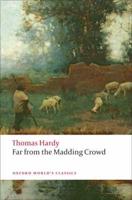Publisher's Synopsis
This volume in the 21st-Century Oxford Authors series offers students and readers a comprehensive selection of the work of Algernon Charles Swinburne (1837-1909). This authoritative edition presents students with a new, more complete, more challenging, but also more credible Swinburne than ever before. This edition presents the first rigorous scholarly edition of a substantial selection of Swinburne's work ever produced. Swinburne was one of the most brilliant and controversial poets of the nineteenth century: a republican; a scorner of established Christianity; a writer of sexual daring; a poet of loss and of love. Yet he is also the most misunderstood poet of the Victorian period. This new edition, with substantial editorial material, presents a new and convincing portrait of a man sharply different from what is usually said of him. Beginning with his unpublished 'Ode to Mazzini' (1857) and ending with his last major critical work on The Age of Shakespeare (1908), this edition offers Swinburne in the round--a man of astonishing consistency whose formal innovations and critical penetration remain persistently engaging as well as provocative. A major introduction explores Swinburne's complicated reaction to the scandal of his first major collection, Poems and Ballads (1866); his life-long commitment to radical voices (Blake, Hugo, Landor, Shelley); his permanent hostility to tyranny; his sense of literature as a living form and of the heroic personality of the artist; his dazzling art criticism and adroit analysis of Renaissance and modern literature; his exceptional elegies for dead friends; his burlesques and richly atmospheric fiction and drama. The edition draws on rich contemporary sources, manuscripts, and the diverse print culture of Swinburne's day, as well as moving through ancient and modern languages that Swinburne wrote with fluency. Explanatory notes and commentary are included to enhance the study, understanding, and enjoyment of these works, and the edition includes an Introduction to the life of Swinburne.










